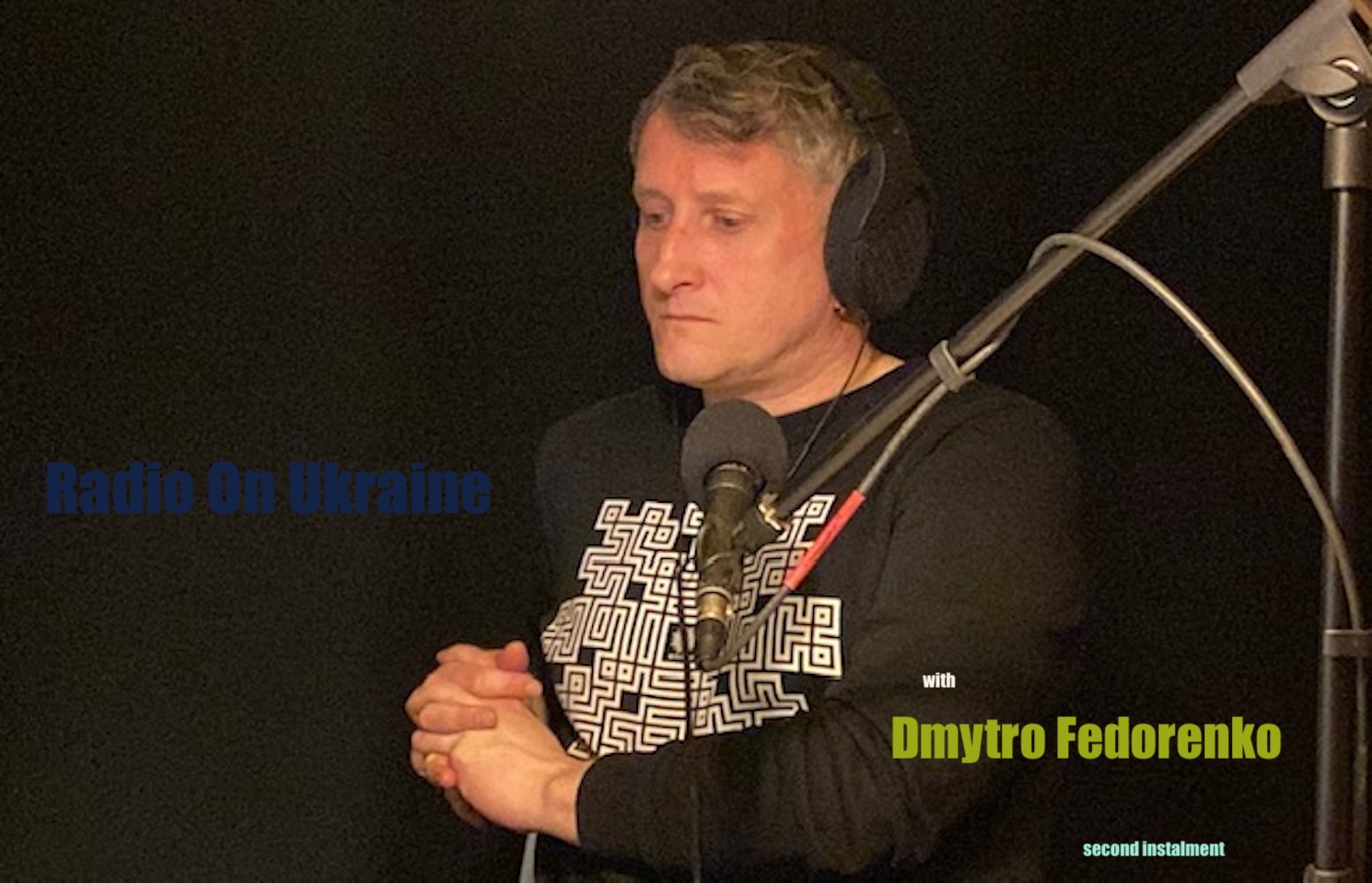Radio On’s friendship with Dmytro started in the winter of 2013-2014. In a weekly series of skype connections we listened to his reports from the Maidan uprising. Those events turned out to be decisive in the further development of Ukraine as an independent state. Russia didn’t agree with the new government. The war in Donbass, the annexation of Crimea were small steps towards the massive invasion we witness now.
Dmytro came to our studio to talk about all this, and give some insights from an Ukrainian point of view.
In our second long conversation the Berlin situation is discussed and described. Out of seemingly nowhere a massive organisation is set up to gather resources, modes of transport and help for refugees that arrive in Berlin as well as for all those who are in Ukraine. Dmytro talks about his experiences. Adrian describes the situation at the Hauptbahnhof. Recordings from the demonstrations are played.
Professor Hu Wei wrote Possible Outcomes of the Russo-Ukrainian War and China’s Choice. Some points he made were discussed.
We played tracks from CDs by Pan-sonic (Oksastus), Zavoloka (Promeni) and Muslimgauze (Eleven Minarets), all released by Kvitnu.
How to help the Ukrainian population
Extensive list on how to donate to military, medical, children, vulnerable groups, journalists, media outlets.
website to connect people who need help due to a war in Ukraine and those who are ready to provide it. (includes housing)
A list of organisations recommended by Timothy Snyder










You must be logged in to post a comment.